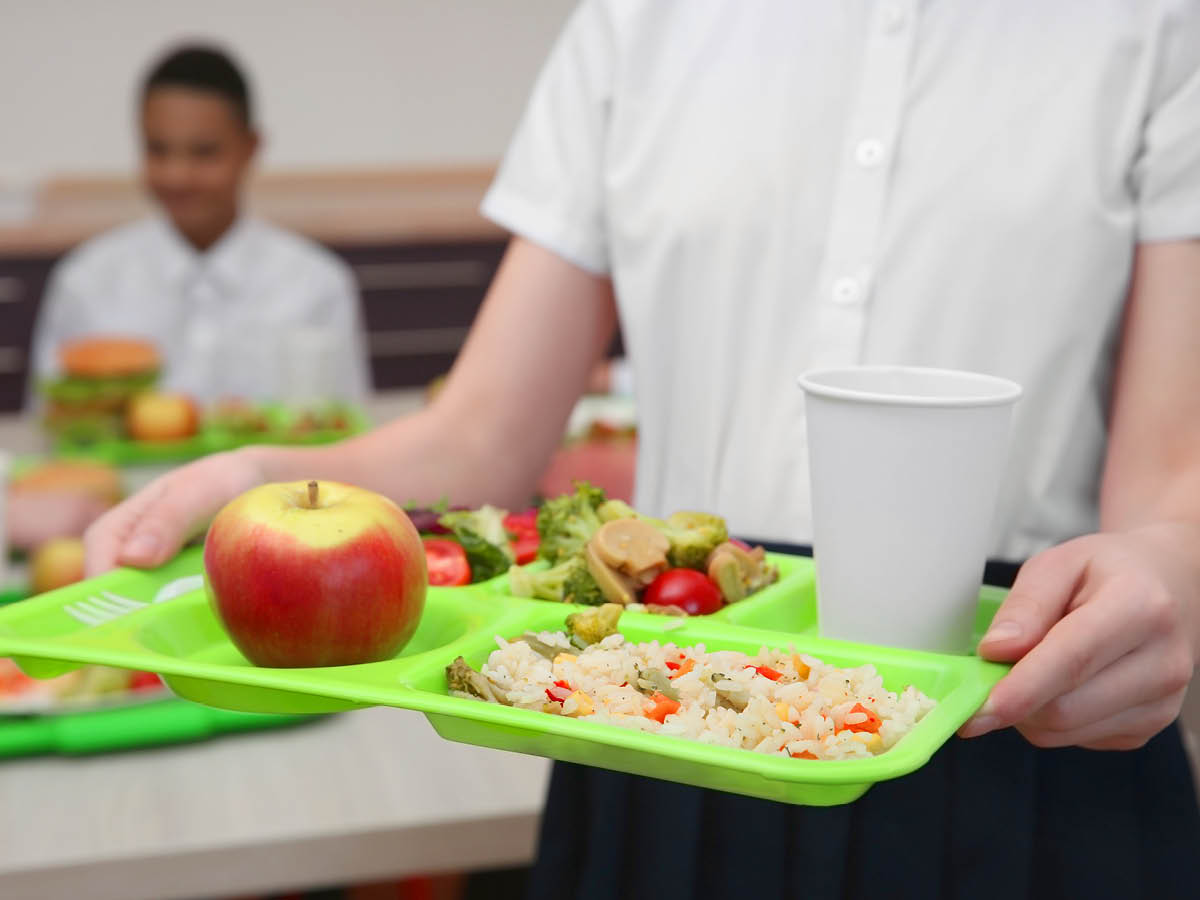
Teaching about physical health
Schools must now teach about physical health as part of statutory Health Education. We’ve got all the tools and resources you need to plan, sequence and deliver this content effectively through your PSHE education curriculum.
The Association really helped me to introduce preventative drugs education to my PSHE curriculum. I see a real difference in my pupils’ understanding of the risks and harms.
PSHE Association member
See where physical health fits within your PSHE education curriculum using our Programme of Study (key stages 1-5). Use our Programme Builders to build a programme tailored to your pupils’ needs.
We update these Programme Builders regularly with quality assured lesson plans. These include our suite of lesson on food choices, physical activity and balanced lifestyles and our Sleep Factor and drugs education materials. You’ll also find lessons on first aid and much more in our resources library.
Browse lesson plans

Training and events
-
KS3-4
Online CPD: RSHE: Successfully implementing the new 2025 statutory requirements (secondary) - BOOKINGS FULL, OTHER DATES AVAILABLE
26 Mar£195 per personThis interactive online course will explore new 2025 statutory changes to RSHE content, practical ideas and classroom strategies for delivering high quality, inclusive Relationships, Sex and Health education.




